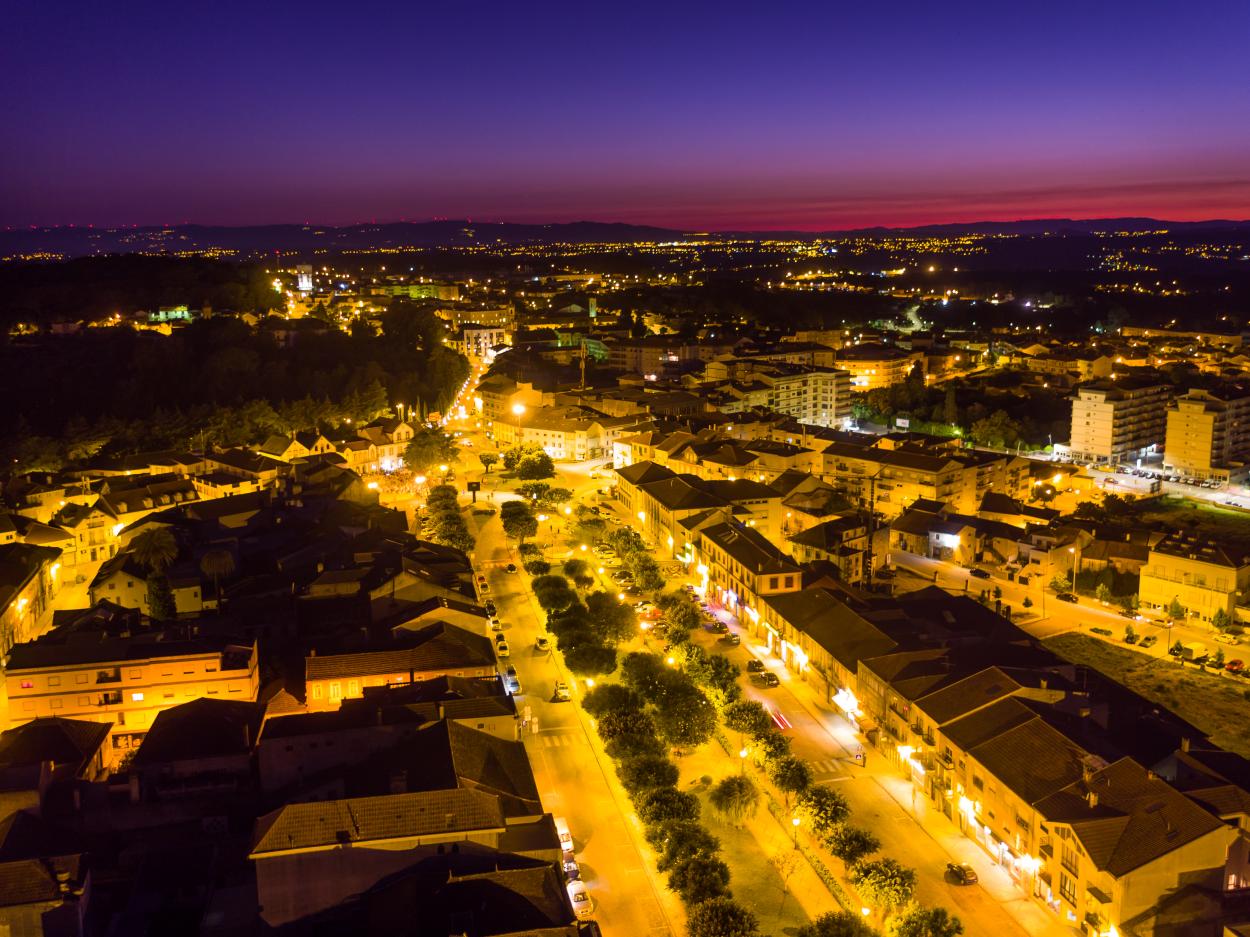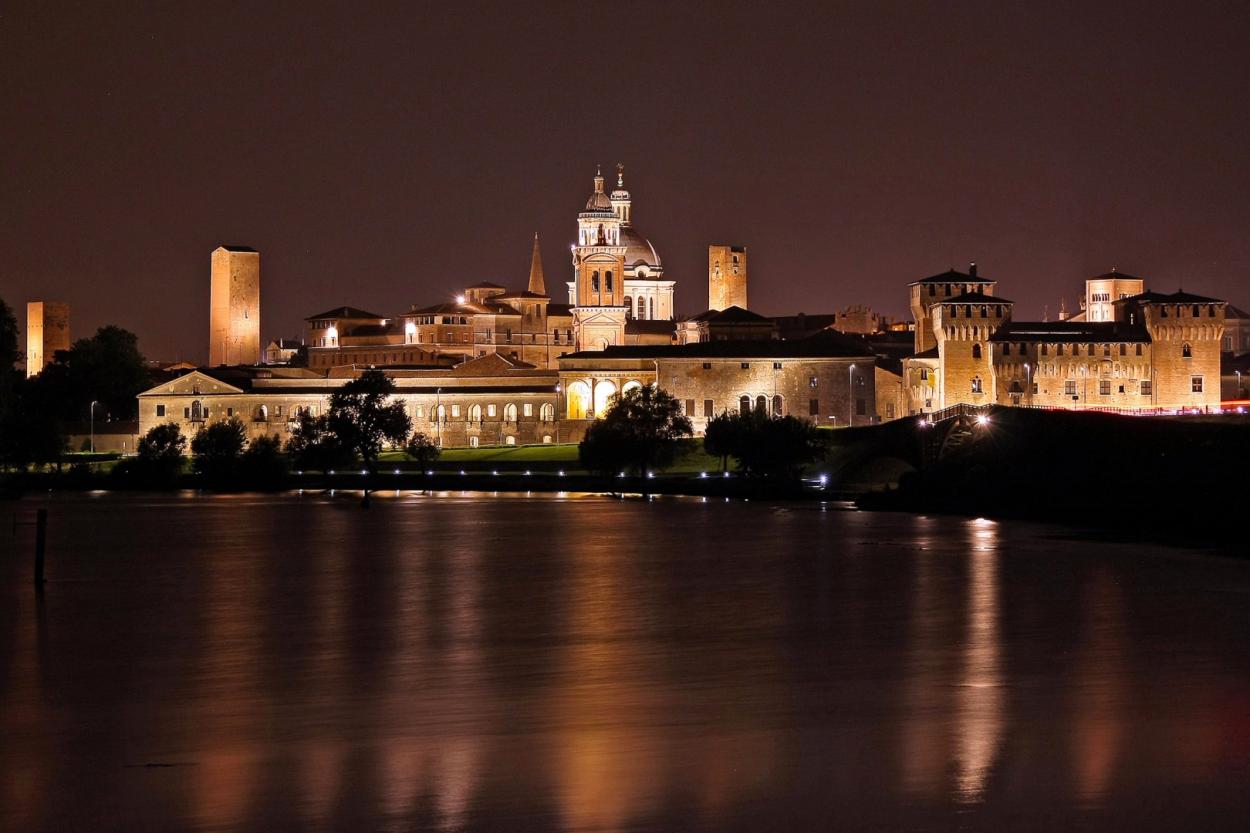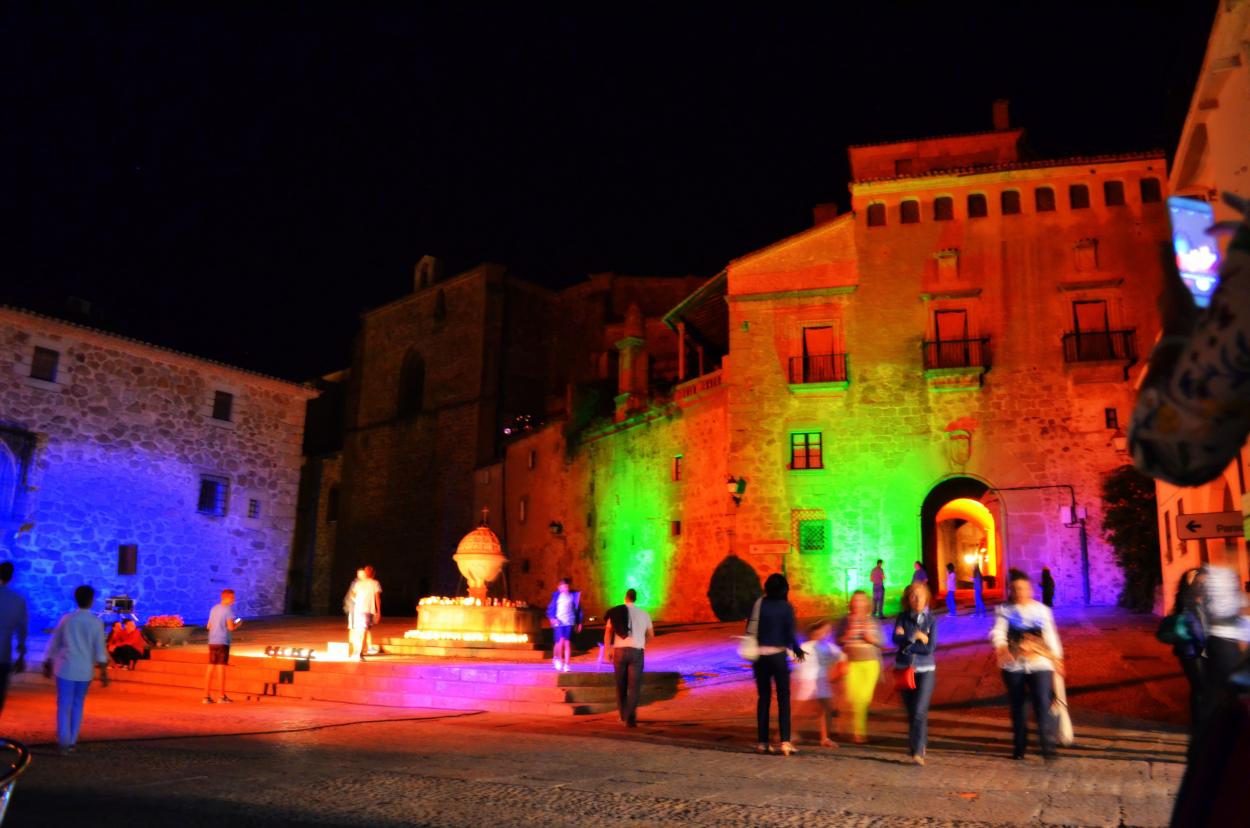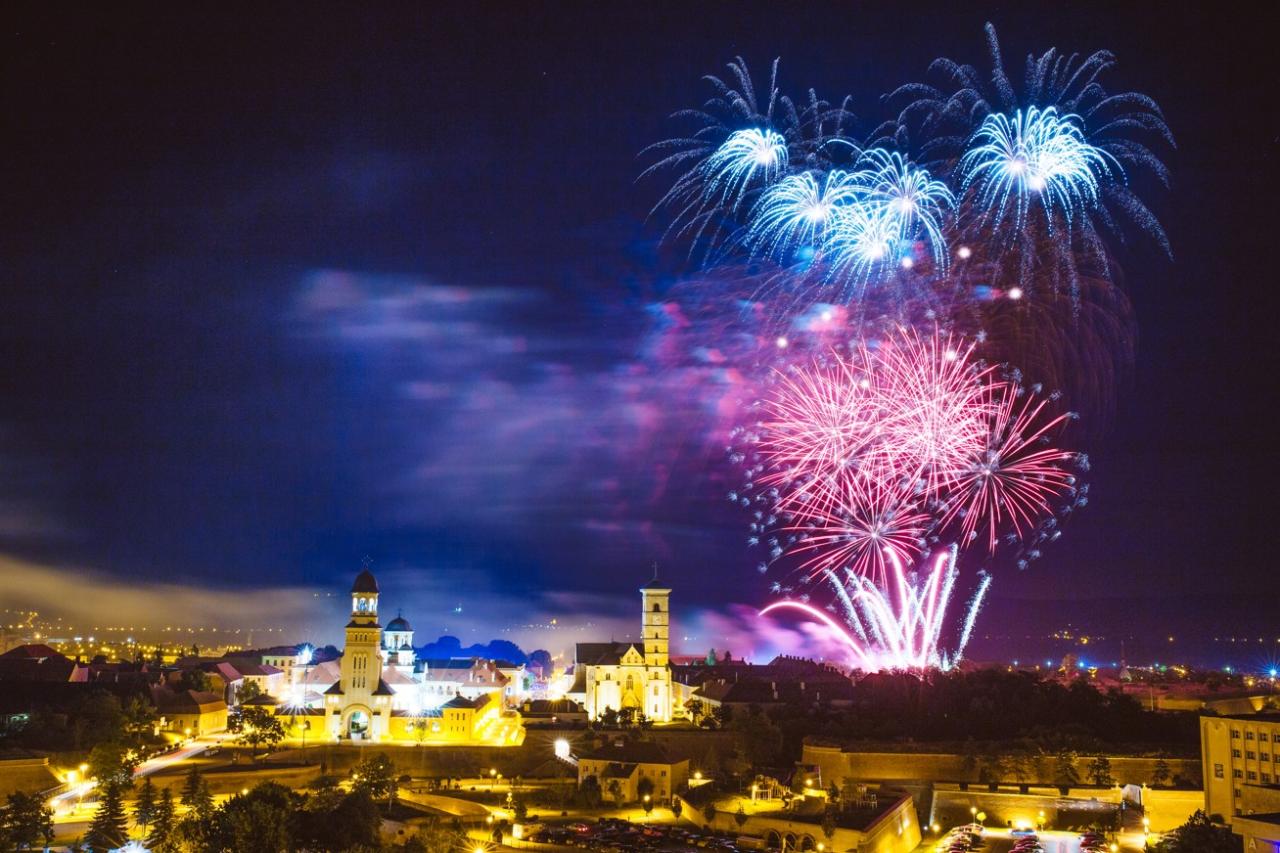However, in recent years small and medium-sized cities have increasingly begun to explore the strategic potential of the night-time economy as a tool for enhancing quality of life, strengthening tourism and contributing to more balanced and inclusive urban development.
In particular for small and medium cities, night-time economy does not simply represent an extension of daytime activities, since their characteristics and operational methodologies are far different than those of larger cities. Instead, night-time economy represents an opportunity to diversify the local economy, improve the quality of life for different categories of inhabitants (including new residents) and contribute to the long-term competitiveness of their functional areas.
The reflections on the nocturnal dimension developed by the URBACT network Cities After Dark sparked an interesting conversation also among the partners of Residents of the future on how the night-time economy can contribute to make small and medium-sized cities more attractive, while improving the quality of life perceived by the residents and the way public spaces and services are designed to function abetween 6 PM and 6 AM.

Night-time economy as a driver of attractiveness for residents and tourists
Small and medium-sized cities often compete with large urban centers for talents, investment, and visitors. One of the structural challenges faced by these cities is the perception that they are too quiet or less dynamic after business hours. Strengthening the night-time economy can contribute to address this challenge by creating the conditions for the development of new cultural activities and businesses operating after dark, making these cities more appealing to both residents and tourists.
A vibrant dining scene, bars and cafeterias open until late, cinemas, theatres and music venues can be crucial for retaining younger population in small and medium-sized cities, but also to attract new residents who wish to escape the disadvantages of living in a big city while maintaining a vibrant lifestyle.
Supporting the development of a local business and cultural scene operating after dark is an important investment for small and medium-sized cities willing to create new opportunities for socialization that can prevent youth outmigration. At the same time, small and medium cities represent the perfect setting for experimenting new uses of underused structures and public spaces, like co-working spaces operating after dark (a useful element particularly for digital nomads working on different time zones) and the creation of “third spaces” where people can spend time in the evening and nocturnal hours without necessarily consuming.
Young professionals, students, and creative workers frequently choose their place of residence based not only on employment opportunities but on lifestyle factors, including cultural life, social spaces, and activities available outside working hours. A city with vibrant cafés, live music venues, cinemas, co-working spaces open late, or safe public areas for evening socialization is more likely to retain its younger population.
For small and medium cities at risk of demographic decline or youth outmigration, investing in night-time vitality strengthens attractiveness and helps prevent the talent drain toward bigger metropolitan centers.

Night-time economy as a tool for sustainable local growth and diversification of the economy
The night-time economy does not exclusively depend on what are traditionally identified as nightlife venues, but supports a diverse ecosystem of businesses and services operating between 6 PM and 6 AM. Increasing footfall in retail areas and stimulating entrepreneurship can enhance economic resilience of a territory, but also support the survival of cultural institutions like theatres, galleries and museums, and the create new opportunities for small craft producers, artisans and other creative industries.
Supporting the presence of craft breweries, multifunctional cultural spaces or quality restaurants using local organic ingredients contributes to improving the quality of life for residents and small and medium cities, while also increasing tourism appeal, offering memorable and often unexpected experiences to visitors.
A lively and safe night economy can be crucial for attracting new profiles of tourists, increase their average spending and inviting them to extend their stay in small and medium cities. Furthermore, cities that can complement daytime heritage and natural attractions with night-time activities that diversify the experience for residents and tourists while reinforcing community spirit and sense of place, like stargazing explorations or outdoor concerts and festivals.

Night-time economy as a crucial element for quality of life
Night-time policies have historically been framed around safety and regulation. However, contemporary urban debate emphasizes the night as an essential dimension of quality of life. For small and medium-sized cities, improving after-dark conditions contributes to social well-being, inclusion, and a healthier urban environment.
Investments in lighting, mobility, and public spaces significantly influence perceptions of safety. Improved pedestrian routes, safe cycling paths, and reliable late-hour transport (also through the use of car-pooling and car sharing schemes) make residents feel comfortable going out at night, with positive impact on community cohesion.
Decentralizing night-time activities to strengthen community spirit and city branding
Often located in territories affected by urban sprawl, small and medium-sized cities need to decentralize night-time activities to spread opportunities across different neighborhoods and parishes.
This element is crucial not only to reduce the concentration of night-time activities in the city center, but in the case of touristic cities to promoting the development of activities for local residents along all the year. The decentralization of night activities reduces the negative pressure of congestion and noise complaints in specific areas while distribute social, economic and cultural impacts closer to the places where most of the people live in.
The organization of night-time events like street festivals or cultural programs in peripheral community centers encourage residents to reclaim public spaces, granting the right to the city at night for all. This element, that was also targeted by Cities After Dark in conjunction with the conversation on proximity and accessibility of night-time activities, is strictly related also to the activation of new micro-economies, supporting small businesses and cultural organizations which can be invited to provide new services for different categories of residents.
Strategies like the delocalization of spin-off events of cultural festivals and events usually taking place in the city centre or the development of activities connecting rural and urban dimension of the cities are just some examples of how local authorities can create broader night-time programs starting from seasonal events.
Night-time activities, especially if organized in peripheral areas, strengthen a sense of pride among residents, contributing to reposition these areas as dynamic places and part of vibrant urban ecosystems able to attract new residents and tourists.
The organization of festivals and events that attract visitors from other cities contribute to create a distinct brand identity and to showcase the authenticity of a territory through innovative and experiential storytelling: all elements that can strategically attract potential residents of the future, while improving the life of those who already make these places lively and vibrant.

